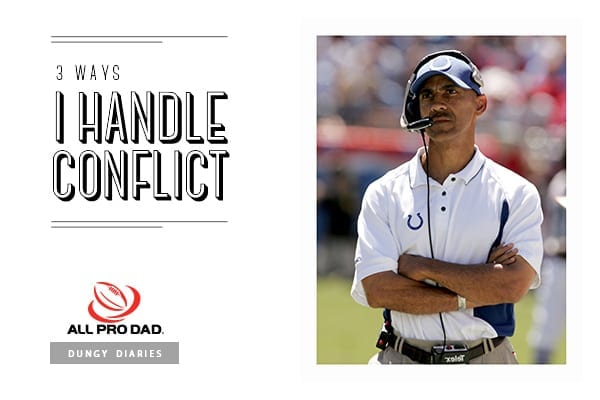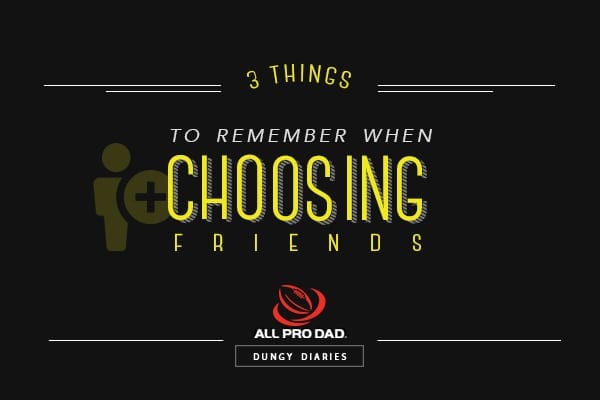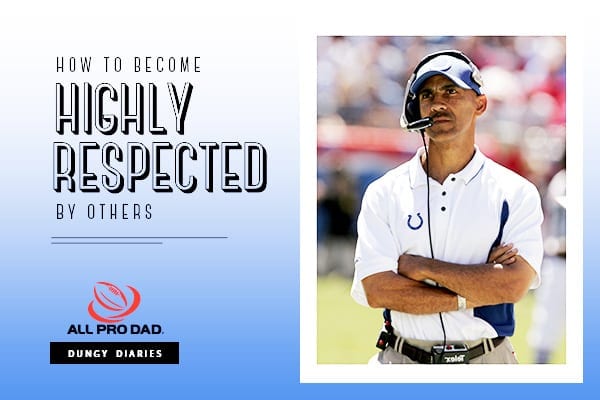Don’t relish conflict, but don’t fear it. Handling conflict is one of the most misunderstood parts of our existence. It is often unpleasant; many people try to avoid it. Others seem to thrive on the stress of it. I think some even use it to overpower others. Maybe that’s why they look for opportunities to bully people.
However, conflict is best seen as an opportunity to understand our differences, since that’s when conflict usually arises: when we see something different. I handle conflict in the following 3 ways.
1. Think constructively.
When a problem comes up, think constructively. You are not attacking the other person, and hopefully, he is not attacking you, either. If he is, redirect him to the problem. That is what you both should be focused on: the principle, not the person. In this day and age, too many people resort to letting arguments become personal – name-calling, mockery, personal attacks. I suppose humans have always done it. We can’t stay focused on the matter before us so we get frustrated and lash out, or we realize that our position should change but we aren’t confident enough to do so. That seems to be the common approach to conflict. Don’t be like that. Be constructive. Be uncommon.
2. Stay focused on solutions and communication.
Admit when you’re wrong, but stand your ground when you’re right. I have always liked the movie Twelve Angry Men. In the movie, Henry Fonda plays a member of a jury charged with returning a verdict in a murder trial. The evidence appears clear-cut, and the other eleven are ready to return a guilty verdict and move on with their lives. But Fonda’s character is not satisfied that the evidence is conclusive and he feels the need to walk through it again, much to the dismay of the other eleven jurors. Time and time again, a vote is taken, and still, he stands alone. Some of the other jurors begin to make it personal. The room becomes very tense, but Fonda’s character just keeps his focus on the job they’ve been given to do.
He exhorts the other jurors to reexamine the evidence between each vote, and the votes begin to shift: 11-1, 10-2, 8-4, and so on. Finally, after reexamining the evidence a number of times, all of the jurors agree on a verdict of not guilty.
3. There are times to stand alone.
Sometimes we have to stand alone for an extended period of time. Other times, the mere act of our standing for what we believe in brings others with us, and we are no longer alone. Either way, conflict can serve to illuminate truth or illuminate differences. In any event, it doesn’t have to be feared.











